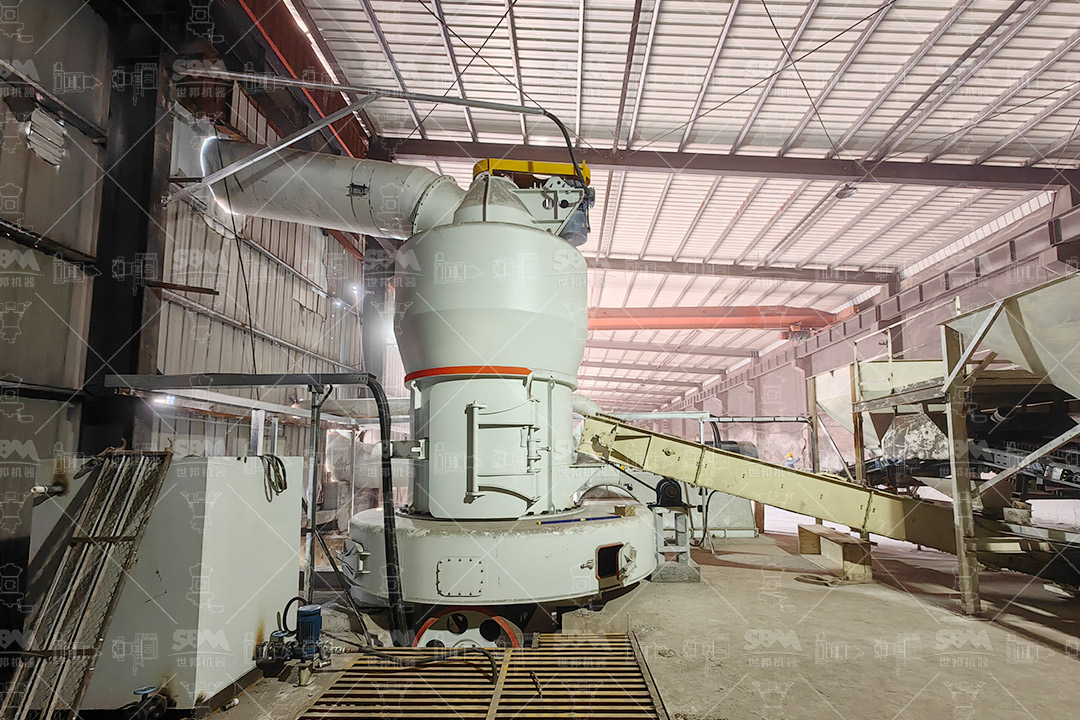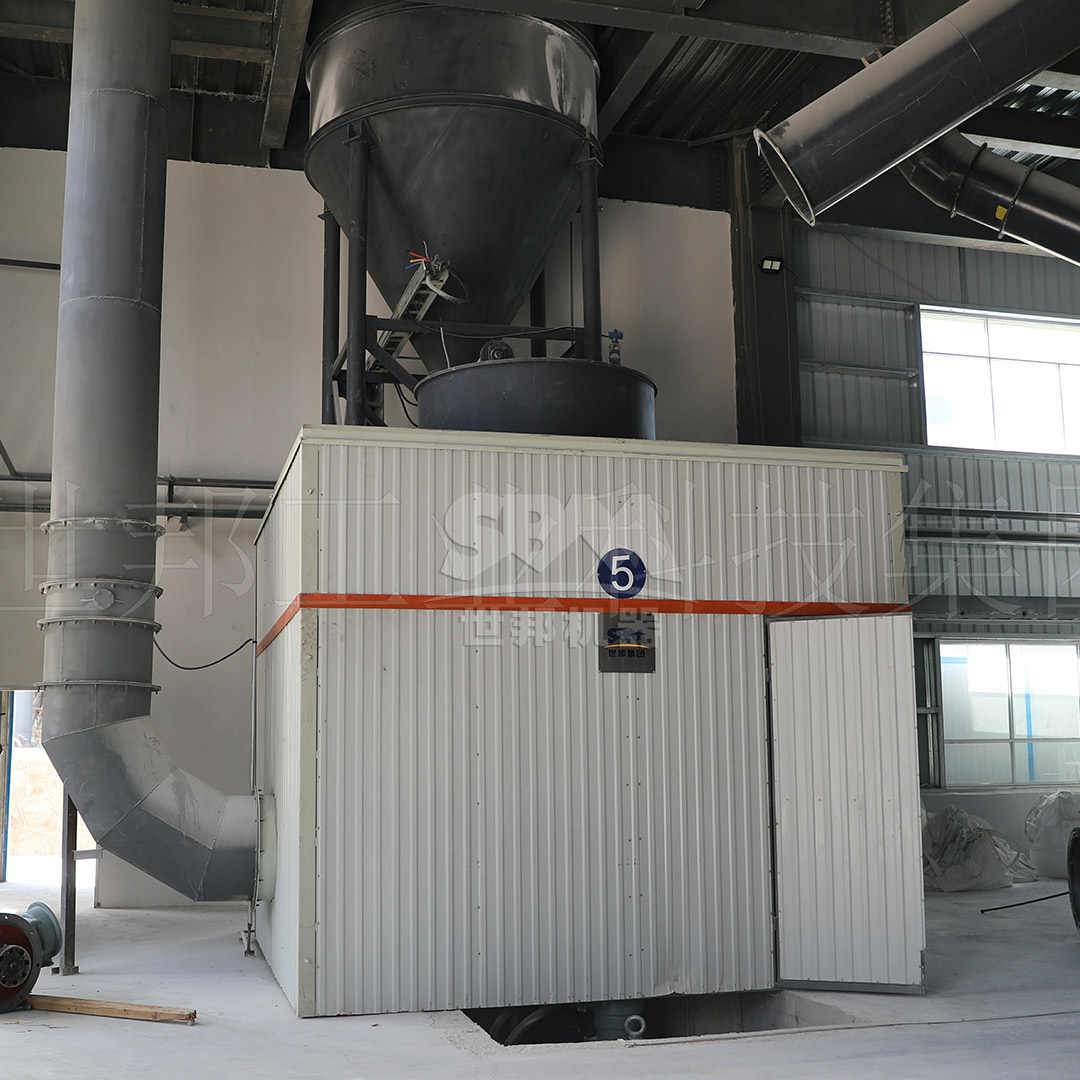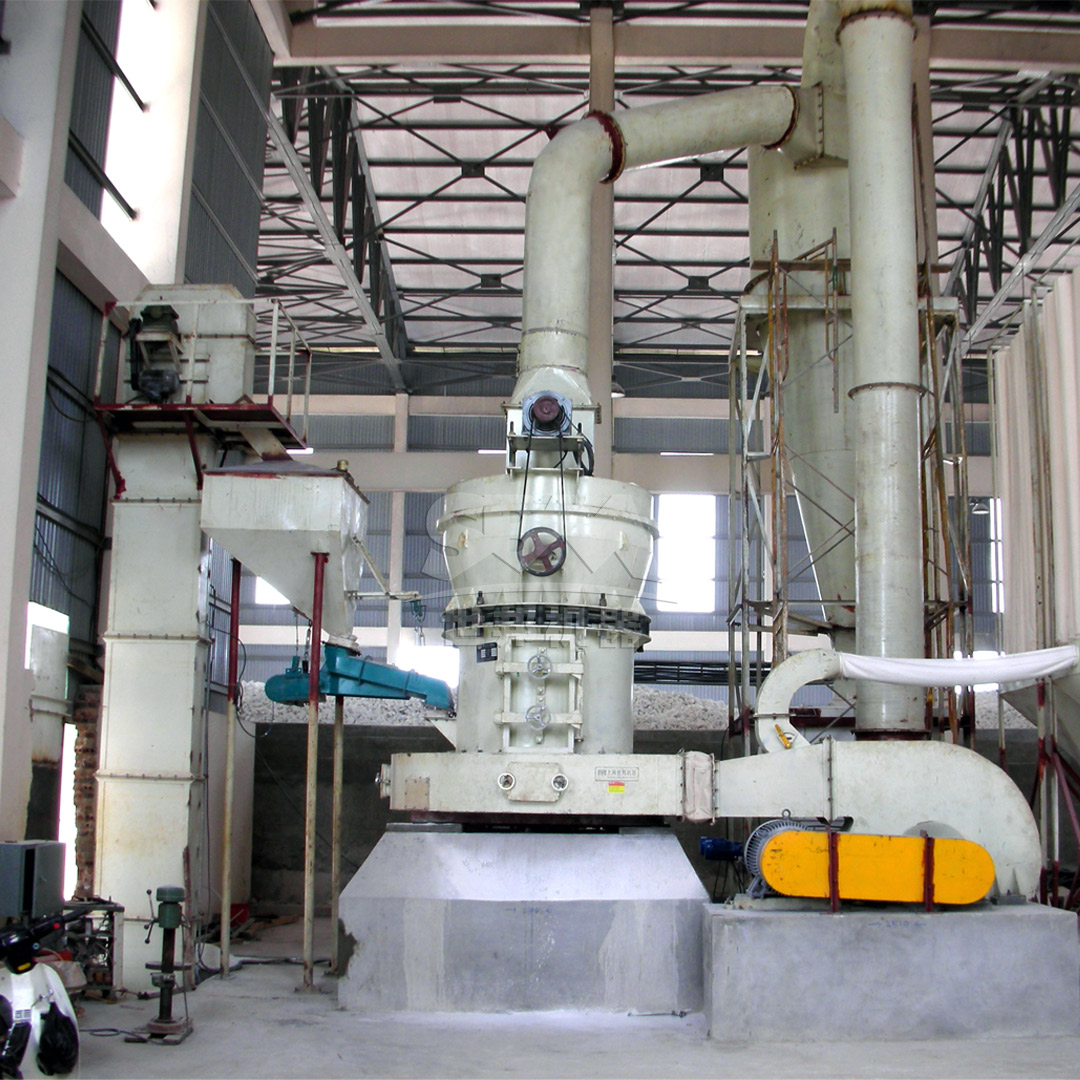Barite (barium sulfate) plays a critical role in the oil and gas industry as a weighting agent in drilling fluids. Its high specific gravity (4.2-4.5 g/cm³) helps control formation pressure, prevent blowouts, and stabilize the wellbore. The effectiveness of barite in drilling operations depends significantly on its particle size distribution, purity, and specific gravity. Proper grinding and processing are essential to meet the API (American Petroleum Institute) specifications for drilling-grade barite, which require a minimum specific gravity of 4.2 and specific particle size distributions where 97% of the material passes through a 75-micron (200-mesh) screen and no more than 30% is finer than 6 microns.

The processing of barite for drilling fluids involves several crucial steps to ensure the final product meets industry standards. Raw barite ore typically undergoes crushing, washing, screening, and grinding operations. The grinding phase is particularly important as it determines the final particle size distribution, which directly impacts the rheological properties of the drilling fluid. Over-grinding can create excessive fines that increase viscosity, while under-grinding may result in insufficient weighting capacity and settlement issues.
Modern barite processing plants require sophisticated grinding equipment capable of producing precisely controlled particle sizes while maintaining high efficiency and reliability. The selection of appropriate grinding technology depends on the required production capacity, target particle size, and economic considerations.
For operations requiring ultra-fine barite powders or specialized applications, the SCM Ultrafine Mill represents an excellent solution. This advanced grinding system offers exceptional control over particle size distribution, making it ideal for producing barite meeting the most stringent API specifications.
| Model | Processing Capacity (ton/h) | Main Motor Power (kW) | Output Fineness (mesh) | Feed Size (mm) |
|---|---|---|---|---|
| SCM800 | 0.5-4.5 | 75 | 325-2500 | ≤20 |
| SCM900 | 0.8-6.5 | 90 | 325-2500 | ≤20 |
| SCM1000 | 1.0-8.5 | 132 | 325-2500 | ≤20 |
| SCM1250 | 2.5-14 | 185 | 325-2500 | ≤20 |
| SCM1680 | 5.0-25 | 315 | 325-2500 | ≤20 |
The SCM series stands out with its high-efficiency classification system featuring a vertical turbine classifier that ensures precise particle size cuts without coarse powder contamination. Its energy-saving design provides twice the capacity of jet mills while reducing energy consumption by 30%. The intelligent control system automatically monitors and adjusts product fineness, ensuring consistent quality. Special material rollers and grinding rings extend service life significantly, while the pulse dust collection system exceeds international environmental standards with noise levels below 75dB.

For large-scale barite processing operations serving the oil and gas industry, the MTW Series Trapezium Mill offers an optimal balance of capacity, efficiency, and product quality. This robust grinding system is specifically designed for high-volume production of drilling-grade barite with consistent particle size distribution.
| Model | Processing Capacity (ton/h) | Main Motor Power (kW) | Output Fineness (mesh) | Feed Size (mm) |
|---|---|---|---|---|
| MTW110 | 3-9 | 55 | 30-325 | ≤30 |
| MTW138Z | 6-17 | 90 | 30-325 | ≤35 |
| MTW175G | 9.5-25 | 160 | 30-325 | ≤40 |
| MTW215G | 15-45 | 280 | 30-325 | ≤50 |
The MTW series incorporates several advanced features specifically beneficial for barite processing. The wear-resistant shovel design with combined shovel blades reduces maintenance costs, while the curved air channel optimization minimizes airflow energy loss and improves transmission efficiency. The integrated bevel gear transmission achieves 98% transmission efficiency, saving space and reducing installation costs. The wear-resistant volute structure with non-clogging design enhances air classification efficiency and reduces maintenance costs by 30%.
A comprehensive barite processing plant for drilling fluids typically includes multiple stages of size reduction and classification to achieve the desired product specifications efficiently. The plant configuration must be designed according to the characteristics of the raw barite ore and the required production capacity.

Contemporary barite grinding mills incorporate numerous technological advancements that significantly improve processing efficiency, product quality, and operational reliability compared to traditional grinding systems.
The selection of appropriate grinding equipment for barite processing involves careful consideration of both capital and operating costs. Modern high-efficiency mills typically offer superior return on investment through reduced energy consumption, lower maintenance requirements, and higher product quality that commands premium prices in the market.
The barite processing industry continues to evolve with emerging technologies and changing requirements in the oil and gas sector. Future developments are likely to focus on further improving efficiency, reducing environmental impact, and adapting to new drilling fluid formulations.
Proper selection and implementation of barite grinding technology are crucial for producing high-quality drilling fluid additives that meet industry standards. The SCM Ultrafine Mill and MTW Series Trapezium Mill represent advanced solutions tailored to different production requirements within the barite processing industry. These technologies offer the precision, efficiency, and reliability needed to compete in the demanding oil and gas market while maintaining cost-effectiveness and environmental compliance. As drilling operations continue to evolve toward more challenging environments and stricter regulations, investment in modern barite processing technology becomes increasingly essential for long-term success in the industry.